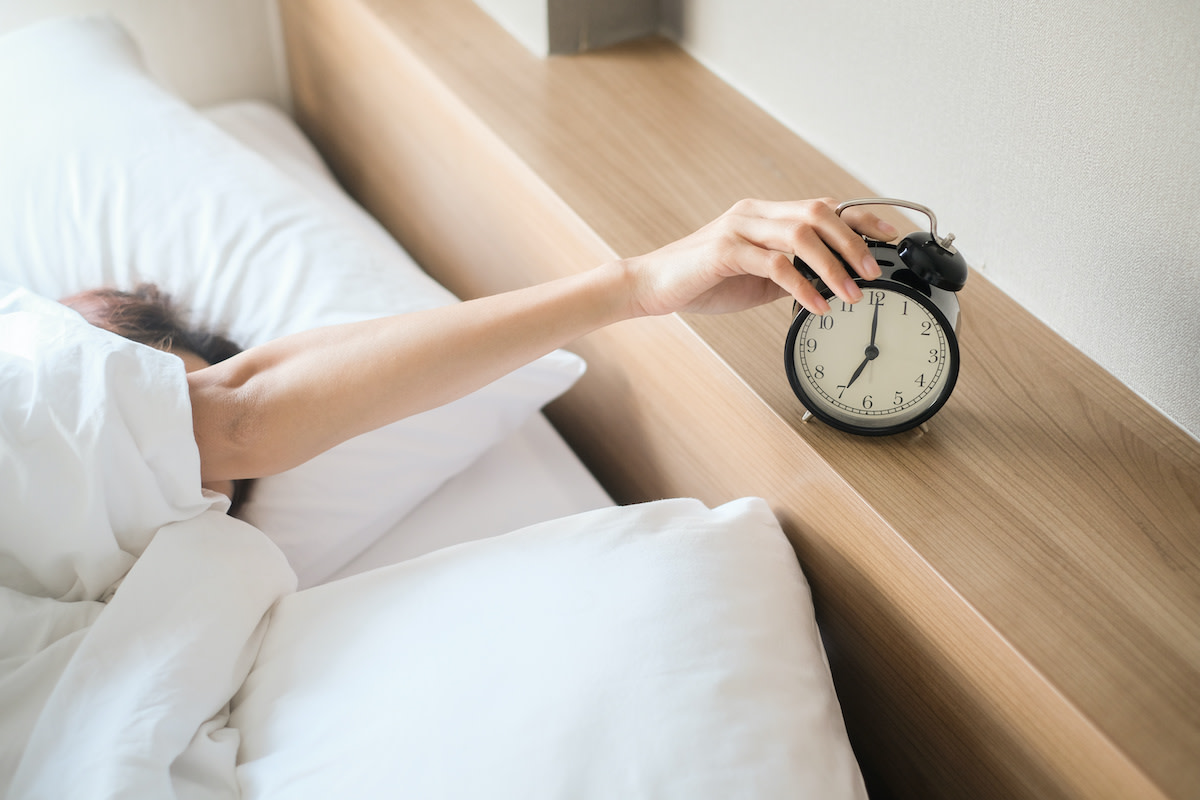Daylight Savings Sleep Guide: How to Adjust to a Time Change
Written by MasterClass
Last updated: Jun 7, 2021 • 2 min read
Daylight savings time requires you to advance your clocks forward by an hour in the spring, then back again in the fall. That sudden time shift can clash with the body's inner clock. In some cases, the clock change can disrupt your sleep cycle, but there are techniques for acclimating to the disruption.
Learn From the Best
Effects of Daylight Savings Time on Sleep
Daylight savings time advances clocks by one hour. This can deprive your body of an extra hour of sleep, and it can take a bit of time to readjust. The effects of daylight savings can be similar to those of jet lag, when you fly to a new time zone and must adapt to a new schedule.
The human body operates on natural circadian rhythms that govern your internal clock, largely via the release of hormones and neurotransmitters that bring about sleepiness, lower the body's core temperature, and program a natural wake-up time. As an artificial interruption of the body's sleep schedule, the onset of daylight savings time can derail some of these routines.
5 Tips for Adjusting to Daylight Savings Time
To help realign your body clock with the clock on the wall, try the following strategies.
- 1. Maintain your existing sleep routine. If you set your own schedule, the simplest strategy is to maintain your bedtime despite the time change. In the fall, an 11 p.m. bedtime would thus shift to 10 p.m. when the time changes. By carrying on with your routine, you won't sacrifice a full night's sleep.
- 2. Wake to natural sunlight. A natural way to adjust your sleep habits is to let the sun wake you. Bright light triggers your body’s wake cycle, and the disappearance of that light after dusk can trigger the release of melatonin, which induces sleepiness.
- 3. Set a steady bedtime routine. Sleep difficulties—caused by clock changes or otherwise—may stem from inconsistent schedules and routines. To get consistent sleep, adhere to good sleep hygiene and follow a routine before bed. This may involve stretching, an evening shower, or a cup of tea.
- 4. Avoid digital screens before bed. Electronics' high-intensity blue light can mimic the effects of sunlight and keep your body from entering its natural sleep cycle. As you adjust to the time change, keep digital devices out of the bedroom, and if you do choose to use your phone, use a blue light filter to keep the most disruptive light out of your eyes.
- 5. Try a natural sleep remedy. A natural sleep medication such as supplemental melatonin can help you fall asleep when your routine has been disrupted. Take care to, though, not build reliance on sleep medications that may dampen the restorative effects of REM sleep and non-REM sleep.
Want to Learn More About Catching Those Elusive Zs?
Saw some of the best darn logs of your life with a MasterClass Annual Membership and exclusive instructional videos from Dr. Matthew Walker, the author of Why We Sleep and the founder-director of the Center for Human Sleep Science at the University of California, Berkeley. Between Matthew’s tips for optimal snoozing and info on discovering your body’s ideal rhythms, you’ll be sleeping more deeply in no time.
